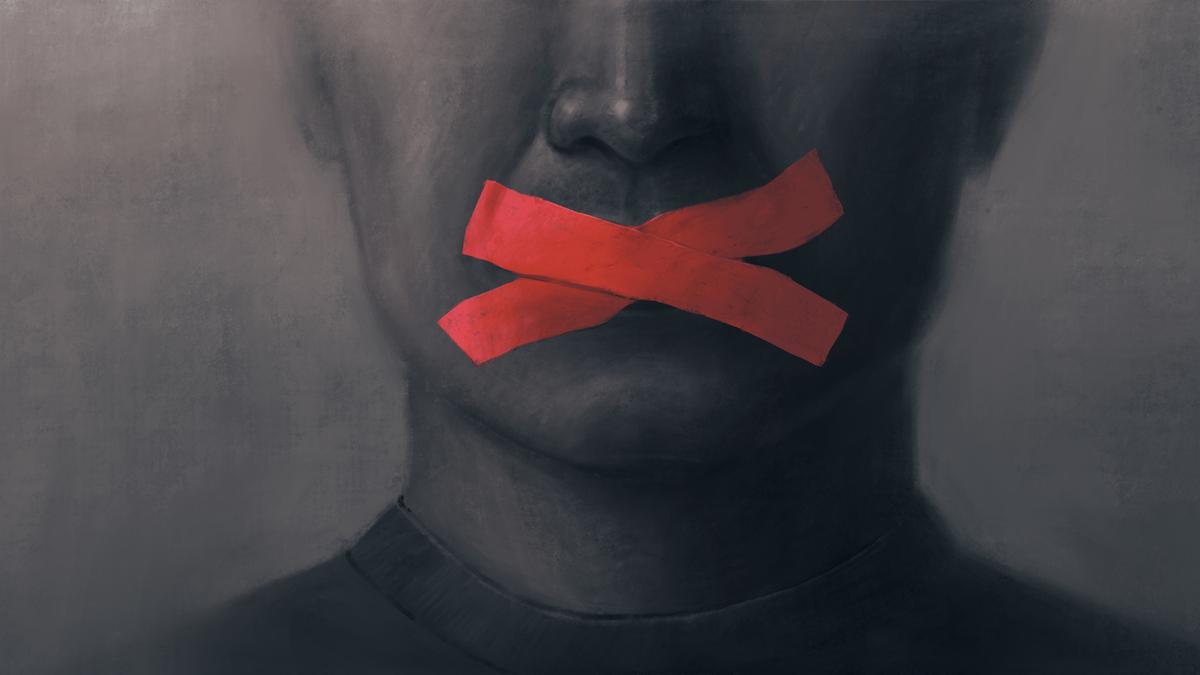
Looking back at George Orwell’s Animal Farm: a stunning indictment of corrupt power and manipulation of truth
The Hindu
George Orwell’s resistance against totalitarianism, in the form of dystopian fiction, Nineteen Eighty-Four, and a fable, Animal Farm, written in the 1940s, and published around the time the post-war period was beginning, are still flying off shelves and inspiring new work. The fictional satire of Animal Farm is set around the impoverished animals of Manor Farm who manage to overthrow their master, Mr. Jones, and take control of it. They believe their hardship is over and a life of freedom and equality beckons. But soon a band of animals led by two clever pigs, Napoleon and Snowball, wrest control and lord over the other animals. The pigs initially draw up a code, ‘Animalism’, which has slogans like “All animals are equal” and “Four legs good, two legs bad”. After ousting Mr. Jones with much bloodshed, the pigs install a totalitarian, surveillance state with suppression of dissent, secret police and purges, and soon it’s a situation where “all animals are equal, but some are more equal than others”. Increasingly, modern reality is beginning to resemble the dystopias imagined by writers such as Orwell and others.
In recent elections, Finland pulled to the right, joining a host of nations which have taken a conservative turn. Elsewhere, chaos reigns for various reasons: war, a breakdown in relations between powerful nations, climate change, widening divide between rich and poor, a virus which refuses to go away. Increasingly, reality is beginning to resemble the dystopias imagined by writers such as Franz Kafka, Aldous Huxley, Yevgeny Zamyatin, Margaret Atwood and George Orwell.
Orwell’s resistance against totalitarianism, in the form of dystopian fiction, Nineteen Eighty-Four, and a fable, Animal Farm, written in the 1940s, and published around the time the post-war period was beginning, are still flying off shelves and inspiring new work. The fictional satire of Animal Farm in the tradition of Jonathan Swift’s Gulliver’s Travels (a childhood favourite of Orwell’s) is set around the impoverished animals of Manor Farm who manage to overthrow their master, Mr. Jones, and take control of it. They believe their hardship is over and a life of freedom and equality beckons. But soon a band of animals led by two clever pigs, Napoleon and Snowball, wrest control and lord over the other animals.
The pigs initially draw up a code, ‘Animalism’, which has slogans like “All animals are equal” and “Four legs good, two legs bad”. After ousting Mr. Jones with much bloodshed, the pigs install a totalitarian, surveillance state with suppression of dissent, secret police and purges, and soon it’s a situation where “all animals are equal, but some are more equal than others”.
Napoleon, taking the law in his hands, pronounces the death sentence on any perceived enemy, promising “half a bushel of apples” to any animal who helps bring the offender to justice. The powerful leaders live in luxury, reserving the best things and comforts for themselves. They are guarded by ferocious watchdogs who don’t let the ordinary animals come anywhere near them.
Life becomes harder for the ordinary animals though they labour on. In the end, the pigs, now running a rich enterprise, make a deal with “fellow” human farmers and the other animals can no longer tell the difference between man and pig — “already it was impossible to say which was which”.
In Becoming George Orwell: Life and Letters, Legend and Legacy, John Rodden quotes another Orwell observer, Christopher Hollis, extolling Animal Farm “as a stellar work of art that combines Lord Acton’s bromide that ‘power corrupts’ with James Burnham’s claim that revolutions lead not to classless societies but instead to new ruling classes”.
Orwell himself, in his essay ‘Why I Write’ (1946), described it as “the first book in which I tried, with full consciousness of what I was doing, to fuse political purpose and artistic purpose into one whole”. Rodden points out that the political outlook expressed in Animal Farm and Nineteen Eighty-Four is traceable to Orwell’s experiences in Spain, when he found all sides dispensing with objectivity and truth.













